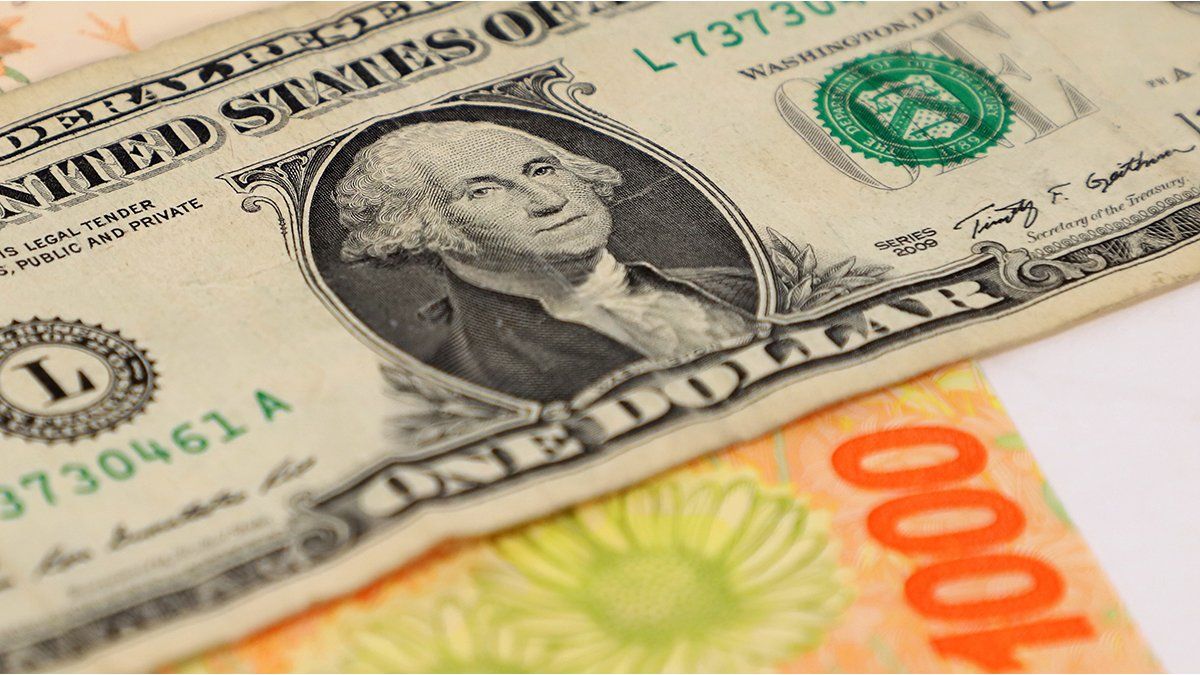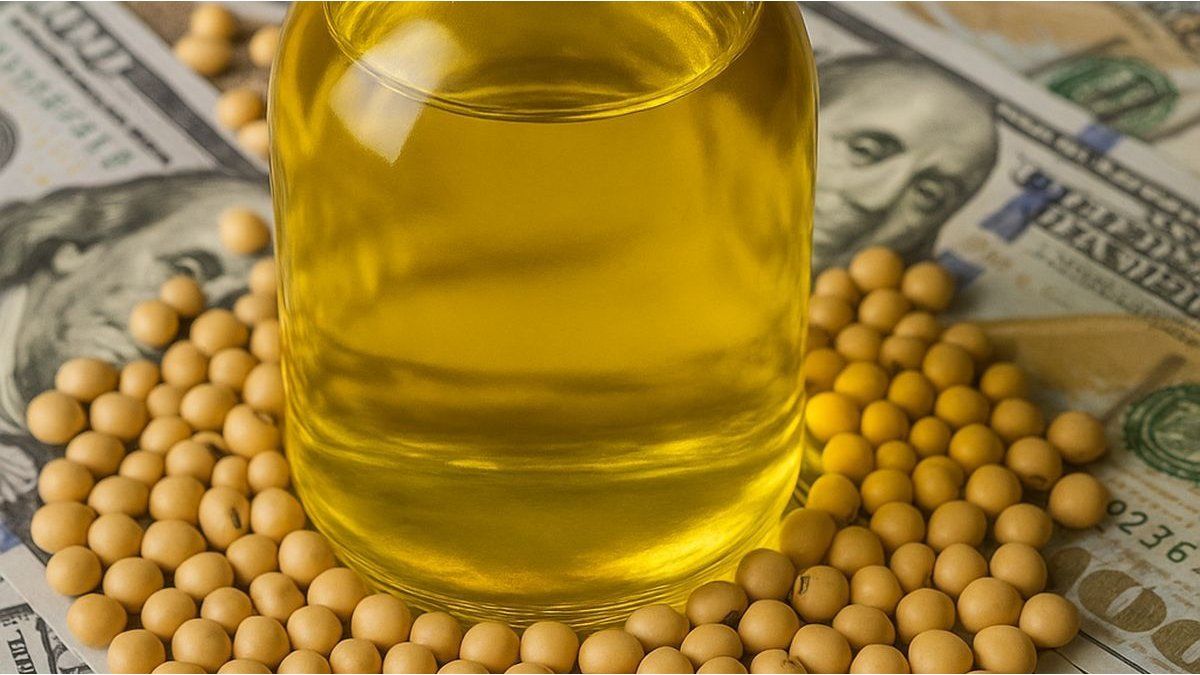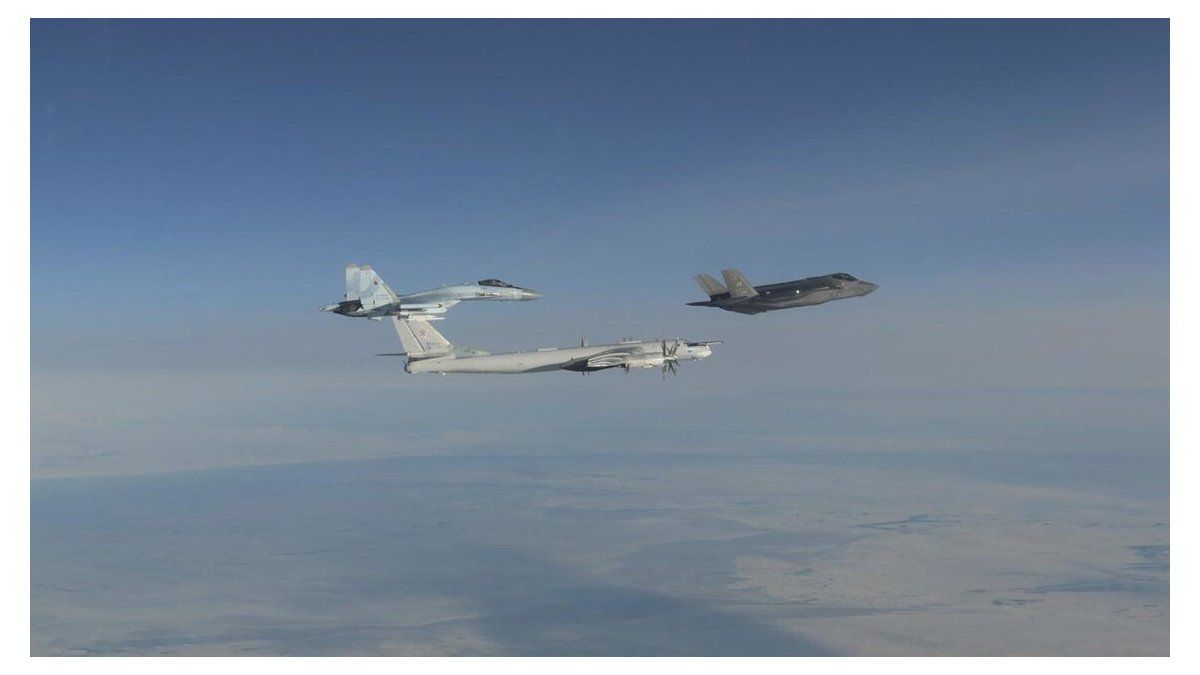There are just four days left until the presidential elections of October 22 and The economy seems to have entered a state of wait and see or stand by., according to the jargon of the different City analysts, or, said in Creole, “waiting” on all fronts. And the prevailing uncertainty is great and the expectation regarding what may happen the day after the elections, especially regarding a possible devaluation of the peso, is a key factor given that it could drastically change the business climate and economic dynamics.
“Today we are seeing an economy that is quite slowed down by the uncertainty generated by the electoral panorama. The three candidates who obtained the majority of votes in the PASO propose quite different economic models that could break with the current model and in a complex macro context, that is It is logical that companies, merchants, etc., prefer to slow down their sales until the outlook clears up a bit,” explains economist Rocío Bisang, from Eco Go.
It is a very logical attitude in the midst of the current context of uncertainty, according to Camilo Tiscornia, director of CyT Economic Advisors. “The certainty is that, At some point, there will be a correction of the official exchange rate. What happens is that it is not known at what level the gap will be closed: one thing is with the parallel dollar at $1,000 and another at a lower value,” he points out.
Consequently, Santiago Manoukian, Research leader at Ecolatina, suggests that Companies are operating in a business environment of “very high uncertainty.”which increased after the result of the PASO and that left a three-thirds scenario, with little clarity regarding the public policies that each of the main candidates may propose.” He mentions that companies stop in a look of wait and see waiting for a clearer picture and they become defensive, rather than proactive.
Deliveries and replacement of merchandise
This is reflected, on the one hand, in that Many merchants from different sectors and suppliers of inputs for industry and mass consumption are slowing down sales and deliveries. waiting to see what happens with the dollar and the peso after the electoral contest. It is very common to hear the phrases “I have no price” or “We don’t deliver until Monday” in some areas.
This responds to the fact that They fear difficulties with the replacement of merchandise and supplies in the future if there is a jump in the official dollar after the elections, as happened after the PASO, especially very tied to how Javier Milei does at the polls, since his proposal to dollarize is key to defining the fate of the price of the American currency.
And, as the economist Noelia Abbate suggests, “the electoral situation proposes three very different models: a dollarization scheme, bimonetarism or commitment to strengthening the national currency”. And, therefore, what can happen with salaries and savings is very different with the three.
Tiscornia agrees that “the scenario is very different if any of the three candidates win” and points out that the fear of what could happen predominates, what the level of initial adjustment that is coming will be and that this has been accentuated as a result of the good choice Milei made. “It’s a scary wait and see mode,” she defines.
In this context, in recent days, the caves of the blue dollar market have been operating at half speed, highly conditioned by the raids in the City, which helped to curb its price, which It had surpassed $1,000 and is now around $970mainly, due to a decrease in supply and demand, as a result of fear of the operations that the Government has been carrying out.
The FCIs, with entry restrictions
On the other hand, although the S&P Merval and stocks have been rising in recent days, in fact the leading index of the local stock market accumulated an improvement of 47.9% in nine consecutive sessions and analysts maintain that some final positions were reactivated as bets before the electionsIn search of coverage, the strong reactivation of demand for Dolar Linked securities, which had lost appetite after the PASO, caused investors to seek to get rid of the pesos, projecting a scenario of devaluation of the official exchange rate after the presidential elections.
This strongly pressured the price upwards and led to a complication for the administration of subscription orders of the Common Investment Funds (FCI). Given this demand, some fund managers are not taking subscriptions in linked dollars due to the growth in demand just a few days before the elections. Another “stop” point in the economy, although in the financial aspect, in this case.
Exports, in dropper mode
In foreign trade, export settlements, despite the expansion of the export increase program (PIE) to other agricultural products and various sectors of the economy, such as leather and energy, are almost stopped, so , due, The Central Bank (BCRA) is having strong difficulties accumulating reserves and has been selling dollars in the official market in recent days.
However, the demand for dollars for imports remains firm, although the BCRA has been limiting the approval of licenses for this type of operations in order to protect the dollars but not slow down economic activity so much, which is already quite deteriorated. Manoukian points out that “many companies are trying to advance imports, given the uncertainty about what may happen to the dollar and whether dollarization is viable.”
Rentals and property sales: no movement
The real estate market is also paralyzed, due to a situational factor, on the one hand, such as the changes in the rental law, which has just been approved in Congress and that has a negative effect on the evolution of contracts and generates a bottleneck in the supply and demand of housing property locations.
And, on the other hand, in terms of buying and selling due to uncertainty regarding what will happen to the dollar after the elections and how that will affect that market and, also for a wait and see regarding whether or not it will be a business to continue renting after the changes to the aforementioned law that regulates that activity.
External factors worsen the climate
As the economist from the University of Avellaneda Pablo Ferrari explains, this context is the product of an accumulation of variables: “Additional factors are added to the usual pre-election dynamics“First of all, the possibility that in December a president will take office whose main project is the imposition of the dollar as legal tender, for which he encourages a prior devaluation of the peso via a bank and exchange run.”
Likewise, it is worth mentioning the fact that the official exchange rate has been fixed since the day after the PASO, but it increased significantly the day after this electoral instance, while financial exchange rates continued to rise.
In Bisang’s words, what happens is, “As we saw in the PASO, the combo of an unexpected result with devaluation without a plan coordinated a new jump in inflation“and does not rule out that this situation could be repeated, especially if one considers that the promise of the official exchange rate at $350 was until October 30.
Consequently, Manoukian points out that the macroeconomy is showing growing imbalances and dollarization is proposed with little clarity on how it would be implemented, so “the need for a stabilization plan is imposed that calms the existing sources of uncertainty”.
Source: Ambito
I am a 24-year-old writer and journalist who has been working in the news industry for the past two years. I write primarily about market news, so if you’re looking for insights into what’s going on in the stock market or economic indicators, you’ve come to the right place. I also dabble in writing articles on lifestyle trends and pop culture news.




